The Commission has finally released a study on the impact of its F2F and Biodiversity Strategy proposals on the agriculture sector.
The key commitments that directly affect the EU farming sector include reducing the use of chemical pesticides by 50% and of fertilisers by 20%, setting of at least 10% of agricultural area under high-diversity landscape features and of at least 25% under organic farming.
The results are staggering: supply is reduced by 10-15% in the key sectors, cereals, oilseeds, beef, dairy cows; over 15% in pork and poultry, and over 5% in vegetables and permanent crops.
The EU net trade position worsens (with the notable exception of dairy, as less use for animal feed and improved genetics would more than compensate for the sharp drop in the dairy herd).
Revenues plummet, with the exception of vegetable and permanent crops, and pork (due to sharp price increases that we discuss further down), with an average of 2 500 to 5 000 € drop per holding (subsidies included). The most penalized would be cereal growers and dairy farmers (-5 000 €), with lesser revenue cuts for the other sectors. Fruits and vegetables revenues would increase around 2 500 €, and pork up to 10 000 €.
The positive impact in reducing GHG emissions by less than 30% is leaked at least by half, as the EU increases imports and therefore the rest of the world increases production.
To put it concisely, lots of pain for little gain.
The study results are similar to a USDA-ERS impact assessment that found that the Commission proposals would reduce EU agriculture production by 12%, increase prices by 17%, reduce exports by 20%, increase imports by 2%, shrink gross farm income by 16%, and increase the annual per capita food cost in the EU by 130 euros.
Farm Europe also recently published an evaluation of the Commission proposals showing that production would experience a significant and rapid decline, -12% for wheat, -10% for maize, -7% for beet, -25% for oilseeds, -7% for red meat, -4% for milk, -1% for pork, -3% for poultry. That will generate a reduction in exports by 20%, and a significant increase in imports of plant proteins (soya) to cope with the decline in European oilseed production, contrary to the European incantations of a protein plan for greater autonomy of the European Union and the fight against imported deforestation. Agricultural incomes would fall by more than 8% in such a scenario.
All the analysis published show similar results, leaving little doubt that we would face a sharp policy driven contraction of agriculture in the EU.
Although in the study the Commission is at pains to lessen the staggering global negative impacts of its proposals, a closer look shows that most likely the impact would be harsher.
– Let’s begin by what is left out of the analysis: the Commission proposal to plant in good ecological conditions 3 billion trees. That would divert a lot of agriculture land to forestry. It could amount to between 1,5 to 2,7 million ha, depending on species and ecological conditions.
-Then come the rosy assumptions in the study. The expected increase in revenues for pork producers is contingent upon an expected uplift of pork prices by over 40%. Exports would somewhat decrease and imports raise, but far from the extent that would check such a dramatic price increase.
The way the model used in the study operates cannot capture real world trade dynamics, where imports out of quotas take place when the difference between EU and world prices is so high, and the quota rents are so hefty, that they become profitable despite the high out of quota tariffs.
Also beef prices are expected to jump over 20%, which in the real world would suck-in significant additional imports.
This problem is acknowledged in the study, without however leading to adjusting the results: “This was seen with the magnitude of price reactions when production falls significantly (i.e. meat activities), leading to the use of an additional model and change to some modelling assumptions for comparability. Even when undertaking sensitivity analysis, the price responses are large and the reaction of world markets is potentially too rigid to capture their adaptation capacity, especially in the long run”.
– In addition the study does not capture the likely impact of Brexit, in reducing our exports to an UK market open to third countries. Our exports of meats, dairy and other products will most likely fall, and that will depress both the EU production, prices and farmers revenues. Let’s not forget that the UK is a lead export market for the EU, our losses in that market will have a huge impact.
– Another area where the study assumptions are too optimistic is on the adoption of mitigation technologies, like precision farming and anaerobic digesters, key to reducing GHG emissions. The study assumes that the New Generation EU budget for the sector, which in the study assumptions would reduce mitigation technologies investment costs by 30%, is actually the double of what was decided – 15 billion vs 8.1 billion euros. Assuming that 60% of the EU agriculture would be using precision farming in 2030 seems overly optimistic, all the more as farmers revenues are expected to drop. How to expect investments to go up so much and so quickly when farmers would be worse off than today?
This has in turn a significant impact on the actual GHG reductions expected. Mitigation accounts for half of all GHG reductions, and precision farming and other mitigation technologies are the second most important contributor.
A more sober and less embarrassed analysis by the Commission, would show even steeper production and revenue cuts. As the net trade impact would be event worst, and the adoption of mitigation technologies more modest, the reduction of GHG emissions would be lower and show an even higher leakage as the EU would have to import more.
And thus, even more pain for lesser gains.
To conclude, the Commission Farm to Fork and Biodiversity Strategy proposals would cause an unprecedented fall in the EU’s agriculture production, a sharp cut in farmers’ revenues, a degradation of the bloc’s net trade position, and an increase in producer prices that would raise food costs for consumers. The environmental benefits would be mostly leaked, as EU imports would increase triggering higher GHG emissions in the rest of the world.
Ultimately, the way the European Commission is currently planning to implement the Green Deal objectives in agriculture would result in a global impoverishment of the sector and of European rural areas, a weakening of our food security, and an inflation of consumer prices. Agricultural sectors would face massive restructuring, with the abandonment of the least productive lands and a drastic reduction in the number of farms. It is hard to fathom a worst case scenario.
O artigo foi publicado originalmente em Farm Europe.


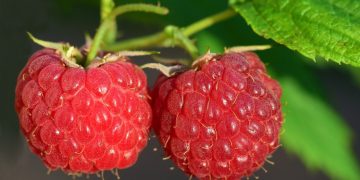



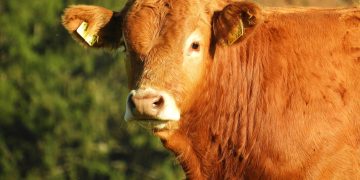
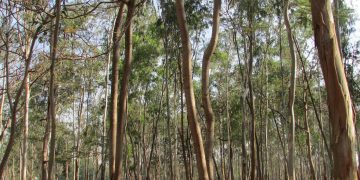












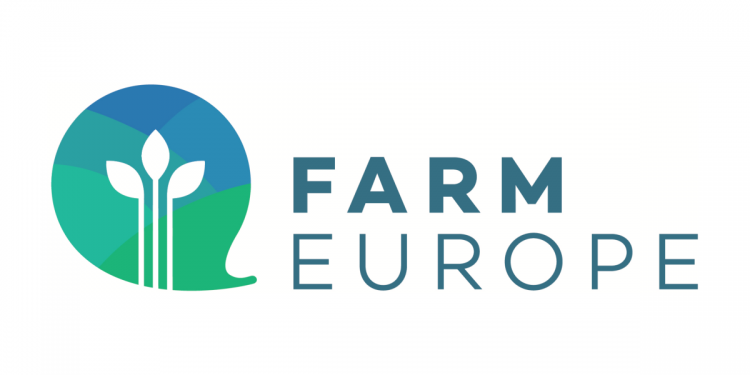
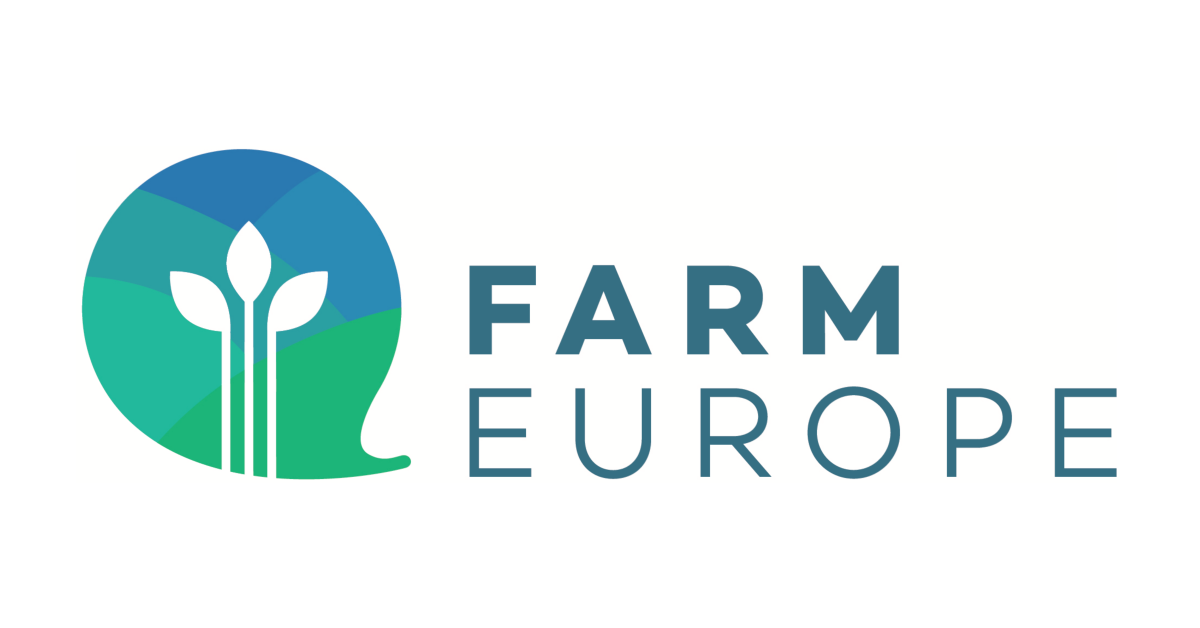
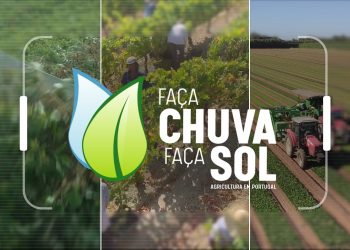

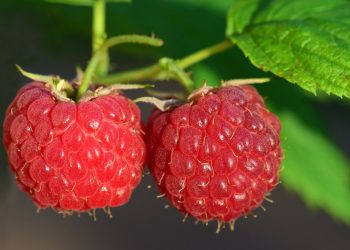




























Discussão sobre este post